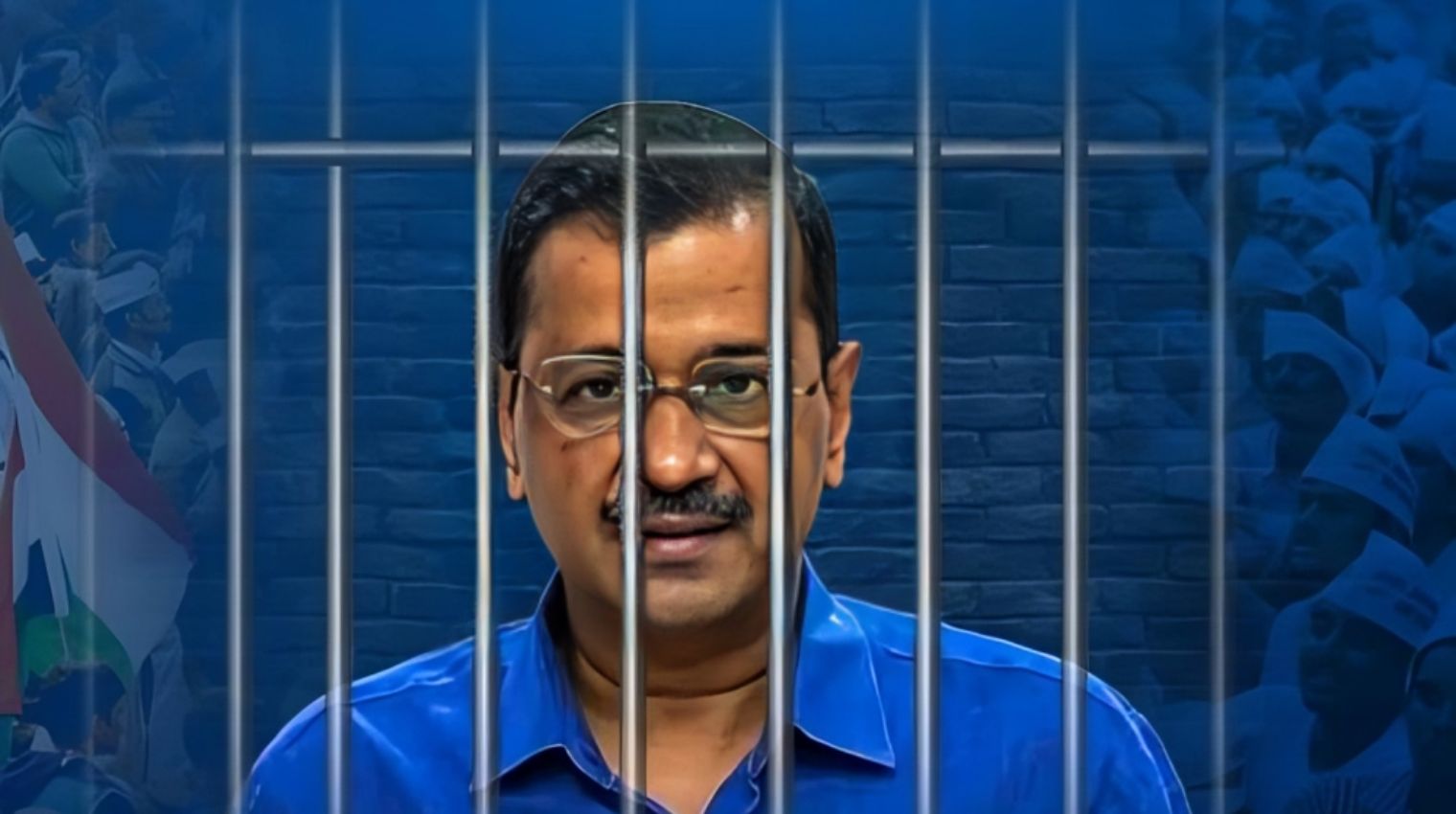The Supreme Court is yet to announce its decision on the interim bail plea of Delhi Chief Minister Arvind Kejriwal, who was arrested by the Enforcement Directorate on March 21 in connection with money laundering allegations related to the alleged liquor policy scam. The court had previously acknowledged that Mr. Kejriwal is not a habitual offender during the arguments for interim bail. The court is currently hearing Mr. Kejriwal’s plea against his arrest and had expressed willingness to consider bail to allow him to campaign for the Lok Sabha elections. Delhi, with seven Lok Sabha seats, is scheduled to vote on May 25. The court recognized Mr. Kejriwal as the elected Chief Minister of the national capital and emphasized the extraordinary circumstances surrounding the case. Despite considering interim bail due to the elections, the court also cautioned Mr. Kejriwal about the potential implications of his participation in official duties during the campaign period.
Senior advocate Abhishek Manu Singhvi, representing Mr. Kejriwal, emphasized that his client would not be involved in any matters related to the excise case. The court reiterated that they do not want any interference in the government’s functioning and made it clear that Mr. Kejriwal should not perform official duties if released. Mr. Singhvi assured the court that Mr. Kejriwal would not sign any files, as long as the Lieutenant Governor does not halt any work on the grounds of unsigned files. The ongoing disputes between Delhi’s AAP government and the LG were referenced, with the former accusing the latter of being influenced by the BJP to interfere in matters beyond his jurisdiction. The ED opposed bail, arguing that releasing the AAP leader would set a negative example. The Additional Solicitor General representing the central agency questioned the importance given to politicians and campaigning for elections, emphasizing that there should be no exceptions based on one’s position.
The court recognized the importance of treating politicians involved in crimes equally, despite not wanting them to be treated differently. However, it also highlighted the fact that Mr. Kejriwal’s arrest occurred shortly before the 2024 Lok Sabha election. The AAP leader’s team argued that the timing of the arrest was a deliberate attempt to disrupt the party’s election plans and undermine them before any votes were cast. Additionally, the court noted that Mr. Kejriwal had been arrested after repeatedly evading summons for the investigation. The ED expressed concerns that granting bail would send the wrong message and discourage the common man, as it would allow Mr. Kejriwal to continue campaigning freely. Justice Khanna assured that the objections were understood and requested arguments against granting interim bail, considering Mr. Kejriwal’s repeated avoidance of summons.

